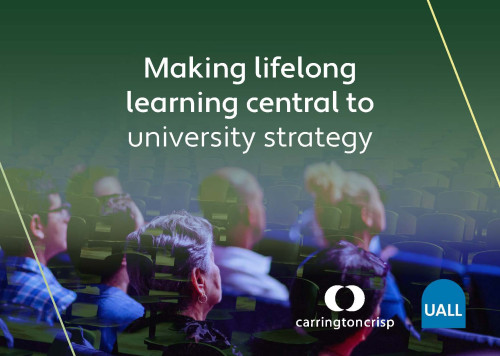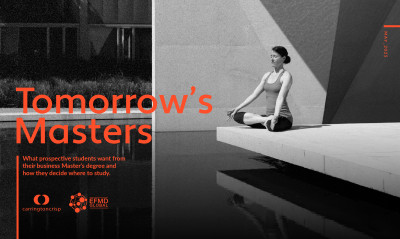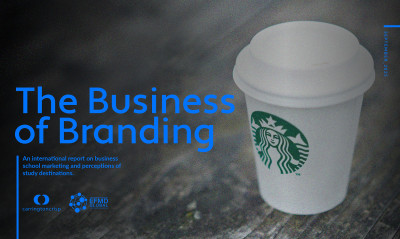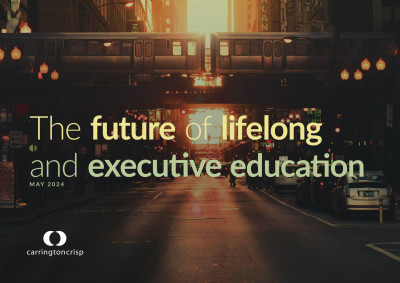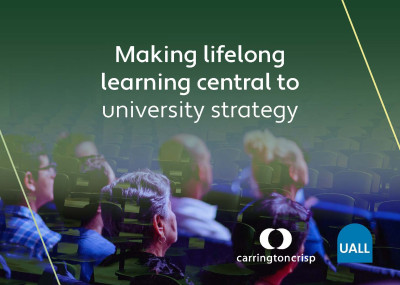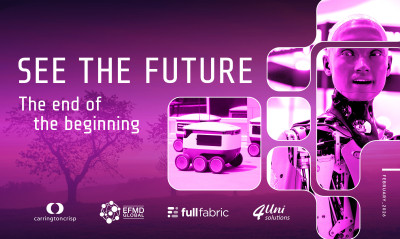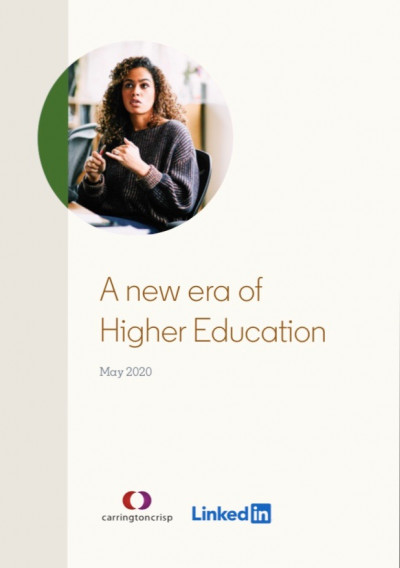Making lifelong learning central to university strategy
Lifelong learning is not new, but today it is more important than ever. The pace of change demands new skills are learnt and existing skills are updated, whether that’s for productivity, personal career advancement, to catch-up on learning opportunities missed or simply for enjoyment.
Universities have often played a part in delivering lifelong learning through continuing education departments, delivering professional CPD or through corporate executive education in their business schools. Yet today the challenge for universities is to reinvent themselves to make lifelong leaning central to university strategy.
How does a university build the systems to deliver short, regular bites of learning rather than long degrees that start and finish on fixed dates? Is the critical thinking that informs degrees compatible with the development of skills courses often focused on technical knowledge? What is the business model for lifelong learning? Indeed, how should lifelong learning be defined?
CarringtonCrisp has worked with the Universities Association for Lifelong Learning (UALL) to better understand how the landscape for lifelong learning is evolving. Drawing on surveys of more than 10,000 individuals and 1,100 employers around the world and a series of interviews with employers and universities, the report ‘Making Lifelong Learning Central to University Strategy’ can be downloaded here.
Among a range of conclusions, the report finds that universities are regarded as valuable partners for individuals and employers seeking lifelong learning, but the successful development of provision by universities will likely require a serious programme of change management.
